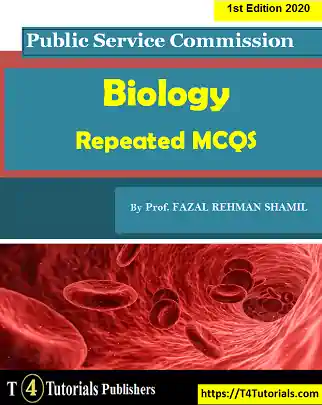1. Naturally acquired active immunity would be most likely acquired through which of the following processes?
(A) Infection with disease-causing organism followed by recovery
(B) Drinking colostrum
(C) Natural birth
(D) Vaccination
2. Specific immunity can be acquired either naturally or artificially and involves.
(A) The classical complement pathway
(B) Antibodies
(C) Antigens
(D) All of the below
3. Which of the following convey the longest lasting immunity to an infectious agent?
(A) Naturally acquired active immunity
(B) Artificially acquired passive immunity
(C) Naturally acquired passive immunity
(D) All of these
4. The specificity of an antibody is due to.
(A) It’s valence
(B) The variable portion of the heavy and light chain
(C) The Fc portion of the molecule
(D) The heavy chains
5. Isotypes refers to variations in the.
(A) Heavy chain variable region
(B) Heavy chain constant region
(C) Light chain constant region
(D) Light chain variable region
6. B cells that produce and release large amounts of antibody are called.
(A) Memory cells
(B) Plasma cells
(C) Basophils
(D) Killer cells
7. The Fc region mediates all of the below EXCEPT binding to.
(A) Some phagocytic cells
(B) Lysosomes
(C) Various cells of the immune system
(D) Antigen
8. Which immunoglobulin is the least prevalent?
(A) IgA
(B) IgD
(C) IgE
(D) IgM
9. Monoclonal antibodies recognize a single.
(A) Antigen
(B) Bacterium
(C) Epitope
(D) B cell
10. Compared to the secondary antibody response, the primary response.
(A) Has a longer lag phase
(B) Attains a higher IgG titer
(C) Persists for a longer plateau period
(D) Produces antibodies with a higher affinity for the antigen
11. The ability of the immune system to recognize self-antigens versus nonself antigen is an example of.
(A) Specific immunity
(B) Antigenic immunity
(C) Cell-mediated immunity
(D) Tolerance
12. Which of the following is useful to STIMULATE antibody production?
(A) Antiserum
(B) A hapten
(C) An adjuvant
(D) Purified antigen
